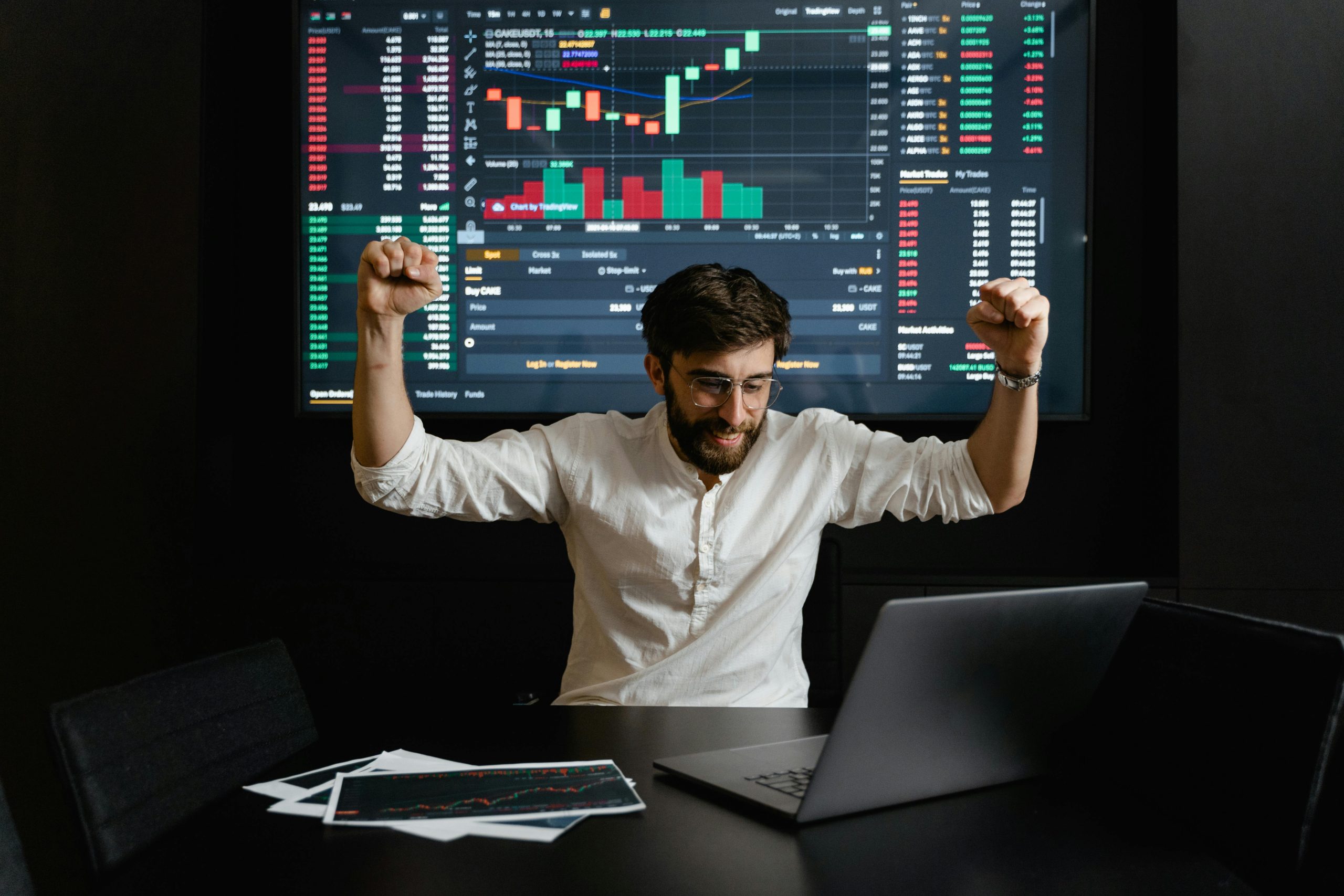10 Essential Forex Trading Tips for Beginners in 2024
Forex trading, or foreign exchange trading, is one of the most accessible and lucrative financial markets in the world. With daily transactions exceeding $6 trillion, it offers opportunities for traders of all levels to make significant profits. However, forex trading comes with risks, and success requires a blend of knowledge, strategy, and discipline.
If you’re new to forex trading, this guide will provide you with 10 essential tips to help you navigate the market confidently and avoid common pitfalls.
1. Understand the Basics of Forex Trading
Before diving into forex trading, ensure you grasp the fundamentals. Forex trading involves the buying and selling of currency pairs, such as EUR/USD or GBP/JPY. Key concepts to understand include:
- Currency Pairs: The base currency (first) and the quote currency (second).
- Pips: The smallest price movement in the market.
- Leverage: Borrowing funds to increase trading volume.
- Spread: The difference between the bid (selling) and ask (buying) price.
- Lots: Units of measurement for trade sizes (e.g., micro, mini, and standard lots).
Take time to research these terms and concepts to build a solid foundation.
2. Choose a Reliable Forex Broker
Your broker plays a critical role in your trading experience. Look for a reputable broker with the following characteristics:
- Regulation: Ensure the broker is regulated by a recognized authority, such as the FCA (UK), ASIC (Australia), or NFA (US).
- Low Spreads: Competitive spreads can lower your trading costs.
- Trading Platform: Choose a broker with a user-friendly and reliable platform, such as MetaTrader 4 or MetaTrader 5.
- Customer Support: Responsive customer service is crucial for resolving issues quickly.
- Demo Account: A broker that offers a free demo account allows you to practice trading without risking real money.
3. Start with a Demo Account
A demo account is an invaluable tool for beginners. It allows you to trade in real market conditions using virtual funds. Benefits of using a demo account include:
- Practicing trading strategies without financial risk.
- Learning how to use the trading platform.
- Gaining confidence before transitioning to live trading.
Spend at least a few months practicing on a demo account before moving to a real account.
4. Develop a Trading Plan
A trading plan is your roadmap to success. It should outline:
- Trading Goals: Set realistic profit targets and timelines.
- Risk Management: Define how much capital you’re willing to risk per trade (e.g., 1-2% of your account).
- Entry and Exit Strategies: Identify conditions for entering and exiting trades.
- Trading Schedule: Decide how much time you can dedicate to trading.
Stick to your plan to avoid emotional decision-making.
5. Focus on Risk Management
Risk management is the cornerstone of successful trading. Here are key principles to follow:
- Set Stop-Loss Orders: Limit potential losses by setting stop-loss levels for every trade.
- Avoid Overleveraging: Use leverage cautiously to avoid amplifying losses.
- Diversify Your Trades: Avoid putting all your capital into a single trade.
- Risk-Reward Ratio: Aim for a risk-reward ratio of at least 1:2 (e.g., risking $100 to make $200).
6. Keep Emotions in Check
Emotions like fear and greed can cloud your judgment and lead to impulsive decisions. To maintain emotional discipline:
- Stick to Your Plan: Avoid deviating from your trading strategy.
- Accept Losses: Understand that losses are part of trading and move on.
- Take Breaks: Step away from the market if you’re feeling overwhelmed.
7. Learn to Analyze the Market
Successful forex traders rely on two types of analysis:
1. Technical Analysis
- Involves studying price charts and using tools like:
- Moving averages.
- Fibonacci retracements.
- RSI (Relative Strength Index).
- Bollinger Bands.
2. Fundamental Analysis
- Focuses on economic and geopolitical factors that influence currency values, such as:
- Interest rates.
- GDP growth.
- Employment data.
- Political stability.
Combine both types of analysis for a well-rounded trading approach.
8. Start Small and Scale Up
When transitioning to live trading, start with small trade sizes. This minimizes risk while allowing you to gain experience. As your confidence and skills grow, you can gradually increase your trade sizes.
9. Stay Informed
The forex market is influenced by global events and economic data. Stay updated on:
- Central bank announcements.
- Economic reports (e.g., non-farm payrolls, inflation data).
- Geopolitical events.
Use an economic calendar to track important events and plan your trades accordingly.
10. Continuously Educate Yourself
Forex trading is a journey of continuous learning. Enhance your skills by:
- Reading books on forex trading (e.g., Currency Trading for Dummies).
- Watching webinars and tutorials.
- Joining trading forums and communities.
- Learning from experienced traders.
The more you learn, the better equipped you’ll be to navigate the market.
FAQs About Forex Trading for Beginners
1. How much money do I need to start forex trading?
You can start with as little as $50 to $100, but it’s recommended to have at least $500 to $1,000 for greater flexibility and risk management.
2. Can I trade forex part-time?
Yes, forex trading can be done part-time. Focus on currency pairs with high activity during your available trading hours.
3. Is forex trading risky?
Yes, forex trading involves significant risk. Proper risk management and a well-defined strategy can help mitigate losses.
4. Do I need expensive software to trade forex?
No, most brokers provide free trading platforms like MetaTrader 4 or 5. These platforms offer advanced tools for analysis and execution.
5. Can I make a living from forex trading?
While it’s possible, making a consistent income from forex trading requires experience, discipline, and a well-defined strategy.
Final Thoughts
Forex trading offers exciting opportunities, but success requires preparation, patience, and discipline. By following these 10 essential tips, you can build a strong foundation and increase your chances of long-term success. Remember, consistency is key, and learning is a lifelong process in the world of forex trading.




Leave a Reply